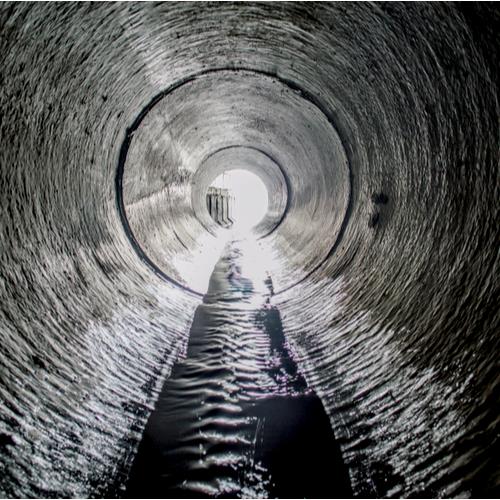21 September 2020
 Researchers from the University of South Australia have just published results from wastewater analysis in Adelaide that shows weekly alcohol consumption dropped significantly under the April 2020 COVID-19 lockdown restrictions.
Researchers from the University of South Australia have just published results from wastewater analysis in Adelaide that shows weekly alcohol consumption dropped significantly under the April 2020 COVID-19 lockdown restrictions.
In February 2020 South Australians consumed about 1047 standard drinks a day per 1000 people and in April during lockdown, the rate dropped to 698 standard drinks a day per 1000 people.
Part of an ongoing analysis of the alcohol metabolite ethyl sulphate in Adelaide wastewater, UniSA’s research team has been collecting seven-day wastewater samples every two months since 2016.
Part of the UniSA research team, biological chemist, Dr Bradley Simpson, says the COVID-19 lockdown has provided a unique opportunity to look at the effects of social distancing and social isolation on population-wide alcohol consumption.
“Our results are quite interesting because they show that alcohol consumption across the Adelaide community declined sharply and significantly during the lockdown – by about 12 per cent,” Dr Simpson says.
“And because we have comparative data going back several years, we can see that April 2020 recorded the lowest alcohol consumption in the month of April dating back to when we first began testing in 2016.”
While the results of national surveys asking people how much alcohol they bought and consumed during lockdown suggested an increase, in SA, the wastewater sampling evidence challenges those survey results.
“This kind of research is population-wide and the decline is quite distinct – but it does not account for the fact that while many Adelaide residents were drinking substantially less, there may have been others who were drinking more than they normally would,” Dr Simpson says.
“Our historical research shows a pattern of drinking, where less is consumed during the week, meanwhile weekends show spikes in alcohol consumption due to increased number of social events and gatherings which are often associated with binge drinking.”
“When all the regular drinking venues were closed – pubs, clubs, bars – the drop off in drinking was dramatic.
“I think it shows we were very good at lockdown and followed the rules fairly diligently and as a consequence the study results showed a clear decline in drinking across weekdays and a real flattening of the usual weekend spike in consumption.”
The SA study sampled wastewater catchments representing 1.1 million South Australians (about 75 percent of the SA population) over seven days. The national survey suggesting an increase in alcohol consumption was based on a three-day survey of just 1,045 respondents.
Dr Simpson says the data collected in Adelaide showed that any increase in the purchase of alcohol did not lead to an increase in consumption after the initial lockdown in Adelaide.
“As a population we drank less and that is likely explained by the closure of licensed premises and we consider that some people may have been drinking more alcohol than usual, but as a population South Australians drank less overall under lockdown.”
More details about their study can be found here (https://onlinelibrary.wiley.com/doi/10.1111/add.15256)
The research team included Dr Richard Bade, Dr Bradley S. Simpson, Maulik Ghetia, Lynn Nguyen, Emeritus Professor Jason M. White, and Associate Professor Cobus Gerber.
Media contact: Michèle Nardelli | office: +618 8302 6611email: michele.nardelli@unisa.edu.au



